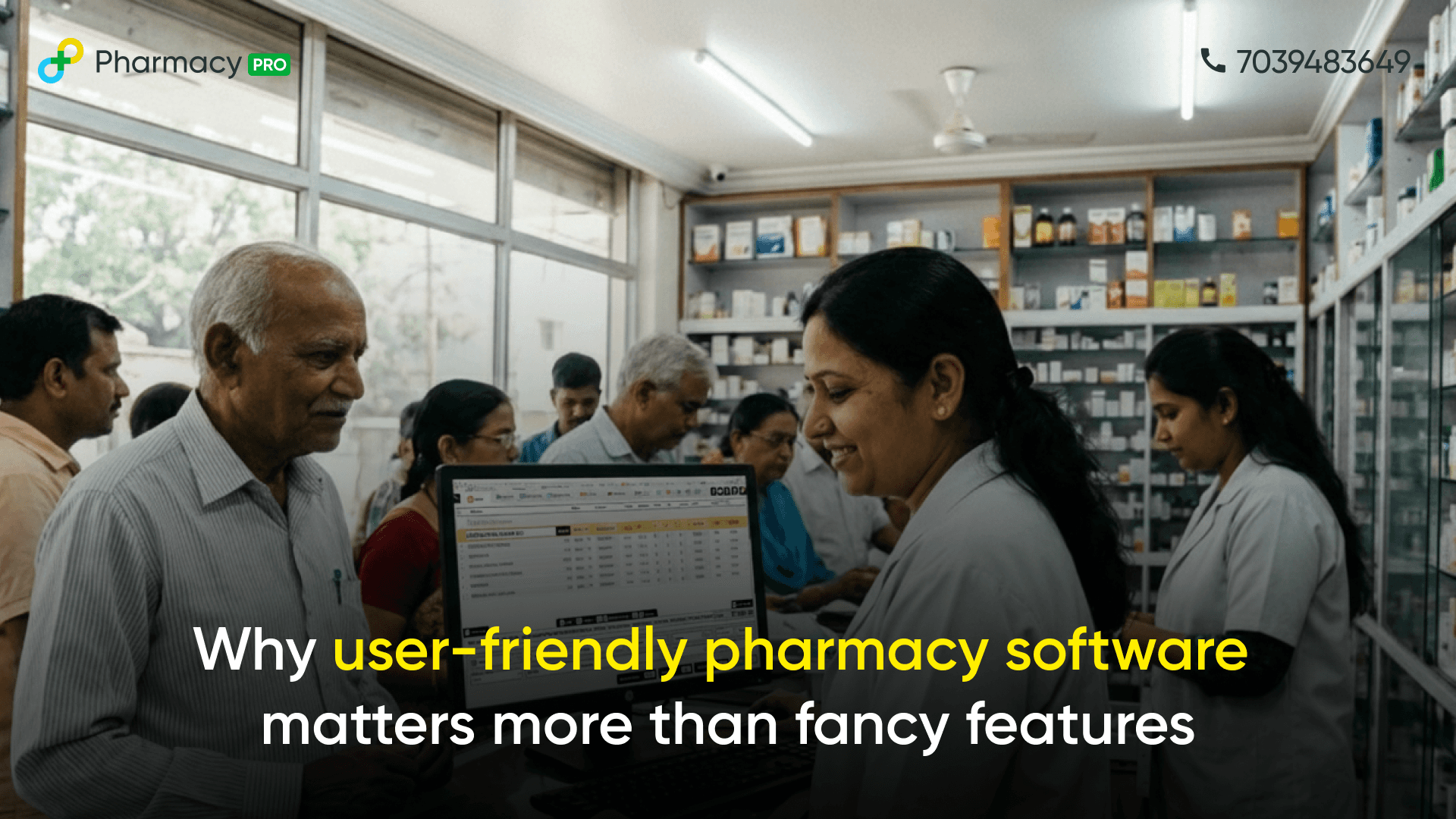Ketamine therapy is gaining recognition as a groundbreaking treatment for individuals suffering from treatment-resistant depression (TRD) and severe mental health disorders such as obsessive-compulsive disorder (OCD). In Kerala, specialized ketamine therapy centers are offering hope to patients who have not responded to conventional treatments.
What is Ketamine?
Originally developed as an anesthetic for humans and animals, ketamine has emerged as a revolutionary tool in psychiatry. Unlike traditional antidepressants, which can take weeks to show effects, ketamine provides rapid relief, often within hours, by affecting neural connections in the brain. It has shown effectiveness in treating:
Treatment-resistant depression (TRD)
Suicidal ideation
Obsessive-compulsive disorder (OCD)

How Does Ketamine Therapy Work?
Ketamine therapy is a carefully supervised medical treatment, typically administered through intravenous (IV) infusions. Each session lasts 40–60 minutes and is conducted under the watchful eyes of a psychiatrist and an anesthetist.
The Treatment Protocol
Eligibility: Patients must have failed at least two antidepressant trials and undergone 16 psychotherapy sessions without significant improvement.
Session Frequency: Patients typically undergo two sessions per week over three weeks**.**
Monitoring: Vital signs are closely observed during and after each infusion, with patients being monitored for up to two hours post-treatment.
Benefits of Ketamine Therapy
1. Rapid Relief
Ketamine acts quickly, with many patients experiencing symptom improvements within two to four hours after the first infusion.
2. A Solution for Treatment-Resistant Patients
For individuals who haven’t found relief through conventional therapies, ketamine offers a new avenue of hope.
3. Cost-Effective Treatment
Ketamine therapy in Kerala is relatively affordable, with costs ranging between ₹80 and ₹200 per session, making it an accessible option for many patients.

Safety and Side Effects
While ketamine therapy is generally safe when administered under medical supervision, it is not without risks. Common side effects include:
Dissociation
Dizziness
Nausea
High blood pressure
Headaches
These effects are typically short-lived and manageable within a hospital setting.
Important Note on Legal Status
Ketamine is classified as a controlled substance under the Narcotic Drugs and Psychotropic Substances Act (NDPS). It is not licensed as an antidepressant, and self-administration or illegal acquisition of ketamine poses serious health and legal risks.
Misuse and Addiction Risks
Experts strongly caution against the misuse of ketamine due to its potential for addiction and severe health consequences. The tragic case of actor Matthew Perry serves as a stark reminder of the dangers associated with improper use of controlled substances.
Ketamine Therapy in Kerala
The rise of ketamine therapy centers in Kerala reflects a growing awareness of its therapeutic potential. These centers adhere to strict medical protocols, ensuring patient safety and efficacy of the treatment.
A Promising Future for Mental Health
As ketamine therapy gains traction in Kerala, it offers a lifeline to individuals grappling with severe mental health challenges. By providing rapid relief and hope for treatment-resistant conditions, this innovative approach represents a significant step forward in mental health care.
However, patients must consult with qualified healthcare professionals to understand the risks and benefits before considering ketamine therapy. With proper medical supervision, ketamine therapy has the potential to transform lives, bridging gaps in mental health treatment and offering new hope to those in need.



